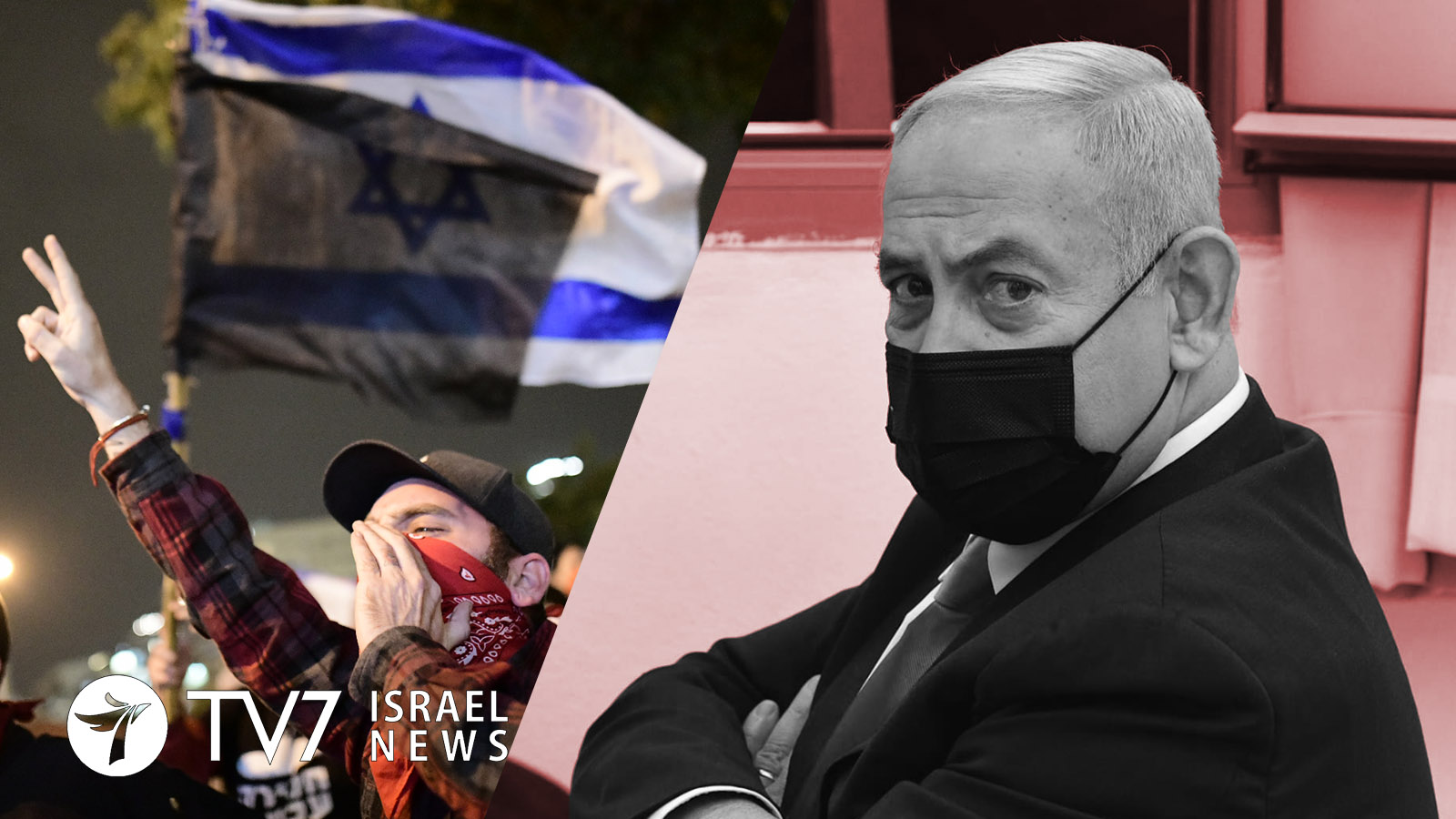Israeli Prime Minister Benjamin Netanyahu pleaded not guilty to corruption charges in the Jerusalem District Court today.
“I confirm the written answer submitted in my name,” Netanyahu told the 3-judge panel, referring to a document his attorneys filed last month arguing that their client is innocent of bribery, breach of trust and fraud.
The Israeli leader was indicted in 2019 in long-running cases allegedly involving gifts from wealthy friends and offering regulatory favors for media tycoons in return for favorable coverage.
Ahead of today’s session, Netanyahu gave a speech from a podium in a corridor, where he denounced his prosecution as a left-wing witch hunt intended on ousting a right-wing prime minister.
Once he entered the court, Netanyahu sat with arms crossed during his 20-minute appearance, sitting in a corner with his legal counsel and back to cameras. The proceedings were not broadcast but journalists were able to monitor a closed-circuit feed from elsewhere in the building.
After appearing to project confidence as he thanked the court and left, Netanyahu departed without additional statements.
The 71-year-old leader is the first serving Israeli Premier to be charged with a crime. He is also the country’s longest-serving leader, having been prime minister continuously since 2009 after a first term from 1996-1999.
The trial opened last May. After several delays due to nationwide lockdowns to curb the coronavirus pandemic, the proceedings resumed just six weeks before the country holds its 4th election in 2 years.
Israeli voters will head to the polls on March 23, with Netanyahu’s handling of the health crisis and his alleged corruption the main issues fueling weekly protests against him over the past 7 months. Thousands of demonstrators gather weekly outside his official residence in Jerusalem and across the country under the banner of “Crime Minister” to demand his resignation.
Opinion polls show the race too close to call.
The trial is expected to take years, during which Netanyahu is likely to fight to remain in power if he garners enough support at the ballot box. In accordance with
